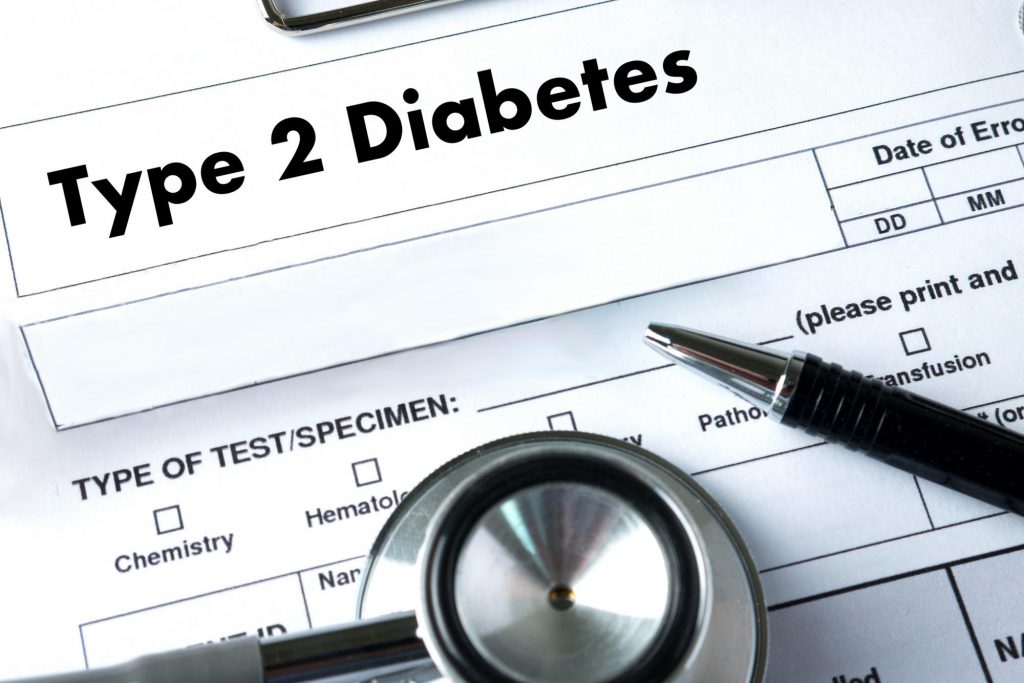Complete Lipid Panel/Cholesterol Test
A complete cholesterol blood test (also known as a lipid panel) uses just a finger-stick blood sample to measure the amount of cholesterol (both HDL and LDL) and triglycerides in the blood. Cholesterol is a waxy substance that sometimes binds with protein to cause plaque buildup in the arteries, which can lead to blood clots and risk of stroke or heart attack. Cholesterol levels in the blood are one of many factors that help determine your risk for developing atherosclerosis (plaque buildup in the arteries).
About High Cholesterol
Cholesterol is a naturally occurring substance in the body that helps it produce hormones and aid in digestion. The body already produces all the cholesterol it needs. The most common reason that adults in the U.S. develop high cholesterol is unhealthy lifestyles: eating foods high in cholesterol, obesity, and lack of exercise. Other causes of high cholesterol include genetic makeup, some medical conditions like chronic kidney disease or diabetes, and some medications.1
Excess cholesterol in the blood can bind with proteins and start building up in the arteries as plaque, leading to atherosclerosis. Plaque buildup in the arteries is a major risk factor for heart disease and stroke, which is why monitoring cholesterol levels in the blood is so important. Plaque in the arteries narrows the artery, minimizing blood flow to organs. It can also break off and block blood flow, causing strokes or heart attacks.
People with high cholesterol may be prescribed medication to lower their cholesterol levels, but for most people, changes in lifestyle can be extremely effective in lowering cholesterol: a diet high in grains, fruits, and vegetables, regular exercise, and weight loss are all steps that will help reduce cholesterol in the blood.
High Cholesterol/Lipid Panel Screening Details
Cholesterol screening is accurate with just a simple finger-stick blood test. Your results will contain four important numbers: LDL (bad cholesterol), HDL (good cholesterol), total cholesterol and triglycerides. Cholesterol is measured in mg/dL (milligrams per deciliter of blood). Standard optimal ranges2 are:
- Total cholesterol: under 200 mg/dL
- LDL (bad) cholesterol: under 100 mg/dL
- HDL (good) cholesterol: 50 mg/dL or higher
- Triglycerides: 150 mg/dL or lower
Warning Signs of High Cholesterol
High cholesterol has no symptoms; the only way to detect high cholesterol is through a blood test. Review your risk factors and discuss these with your doctor.
Risk Factors for High Cholesterol
- Smoking (past, present, OR having regular exposure to secondhand smoke)
- Obesity (body Mass Index 25 or higher)
- High fat/high sodium diet, or frequent consumption of food from animal sources (red meat, eggs, cheese, etc.)
- Lack of exercise
- High Blood Pressure
- Diabetes
- Family History of heart disease, stroke, or atherosclerosis
Who should get a cholesterol blood test?
- In adults with no symptoms, cholesterol screening should start at age 20.
- Patients with heart disease or previous cholesterol screenings that indicate high levels of cholesterol should be screened every one to two years.
- Those people on medication that is prescribed specifically to lower their cholesterol levels should have a cholesterol blood test every six weeks until targeted cholesterol goals are met, and every four to six months thereafter.
Ages
Frequency
- Starting at age 20, adults with no symptoms or risk factors should receive a cholesterol screening every five years
- Patients with heart disease or previous cholesterol screenings that indicate high levels of cholesterol should be screened every one to two years.
- For those people taking medication prescribed specifically to lower their cholesterol levels, they should have a cholesterol test every six weeks until targeted cholesterol goals are achieved, and then every four to six months thereafter.
Schedule this Screening
*Screening availability may be limited by location.
High Cholesterol/Lipid Panel Screening FAQ
Cholesterol is a type of fat (lipid) in your blood. Your body needs some cholesterol. But if you have too much, it can build up in your arteries and increase your risk of heart disease and stroke.
High cholesterol is caused mostly through lifestyle: eating a diet heavy in animal sources (red meat, eggs, cheese), smoking, lack of exercise, and obesity. Some people are genetically predisposed to having high cholesterol, and some medical conditions can cause high cholesterol, like diabetes or kidney disease.
Having high cholesterol can lead to the buildup of plaque in artery walls, called atherosclerosis. Atherosclerosis can lead to coronary artery disease, heart attack, stroke, peripheral artery disease, or transient ischemic attack.
Relevant Tests
1 NIH: National Heart, Lung, and Blood Institute, https://www.nhlbi.nih.gov/health-topics/high-blood-cholesterol
2 Harvard Health Publishing, Making sense of cholesterol tests, https://www.health.harvard.edu/heart-health/making-sense-of-cholesterol-tests


